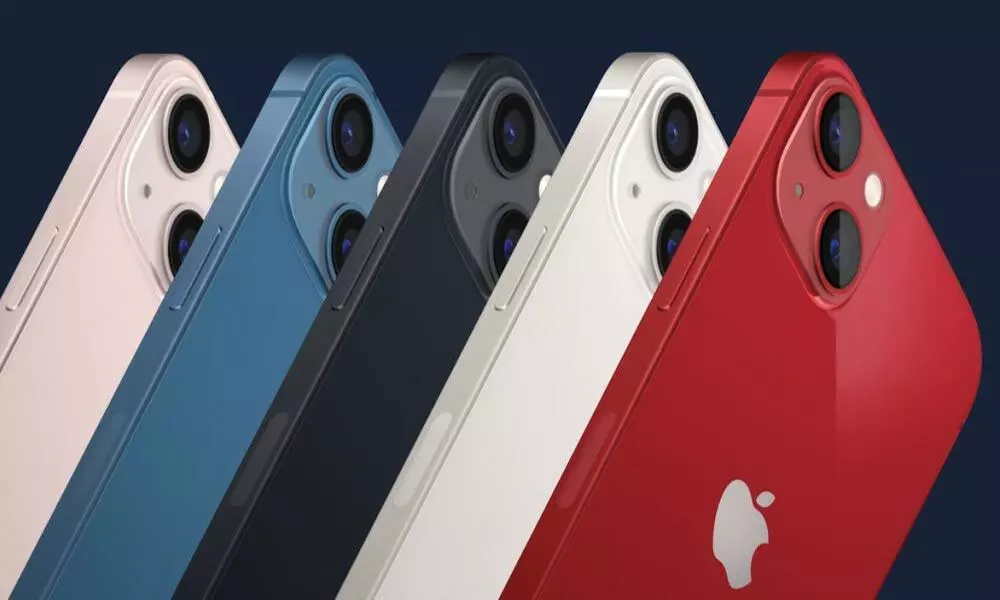Why Apple's new iPhones may be the weakest upgrade ever?
The incremental nature of this year’s iPhone 13 improvements is a big letdown and offers current iPhone owners little incentive to trade up
image for illustrative purpose

The bad news for Apple is that many consumers may now believe the best iPhone is already in their pockets. The technology giant needs to do better than a smaller notch to get them to think otherwise
For the more than one billion iPhone enthusiasts around the world, no product unveiling is more anticipated than Apple Inc's annual reveal of its newest lineup of smartphones. Except for maybe this time.
On Tuesday, the Cupertino, California-based company introduced four iPhone 13 models with some minor enhancements, including a faster processor, better camera, longer battery life and nicer displays. They are similar in design to 2020's phones, other than a smaller notch for the front-facing camera on top of the screen, and they start at the same price points. The two Pro phones will also have a higher-quality video-recording feature and a smoother-scrolling display that updates more frequently, along with the ability to expand storage to 1 terabyte – double the capacity of the biggest option last year.
After last year's big 5G upgrade, the incremental nature of this year's improvements may be a letdown to some and offer little incentive to upgrade. Should you, though? It depends. For iPhone 12 owners, probably not. Again, last year's release already has the higher-speed fifth-generation wireless capability. Because the latest models lack any "must-have" new features, it isn't worth the hassle to switch. But for users with an iPhone 11 or older, buying the iPhone 13 may be worth it, especially if you can get an attractive trade-in deal from a wireless carrier.
Spending a few hundred dollars to get access to the speedier 5G networks and snappier experience of the latest chips is a good proposition. It is also a no-brainer for social media creators and influencers: They need the latest video and photo features to stay competitive with their peers. And the extra space of the new 1 terabyte option will be helpful for the weighty storage demands of digital content.
But the overall picture for iPhone 13 demand may be mixed for the coming year. Surveys show consumers are less inclined to spend big money for minor feature additions. And they are holding their current phones longer. Last week, Piper Sandler published data that showed a considerable lack of interest for Apple's next-generation smartphones. According to the firm's survey of 1,000 Americans, only 6 per cent of the respondents said they planned to buy the iPhone 13 this fall and winter, down significantly from 10 per cent in 2020. The average iPhone age for the respondents also rose to 2.6 years from 2.3 years a year earlier.
The bad news for Apple is that many consumers may now believe the best iPhone is already in their pockets. The technology giant needs to do better than a smaller notch to get them to think otherwise. (Bloomberg)

